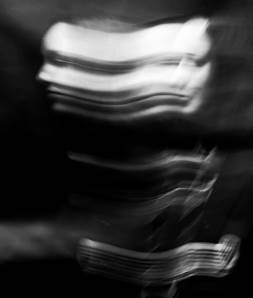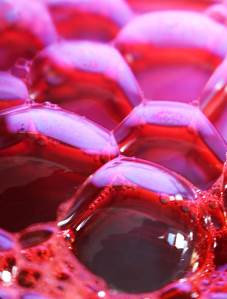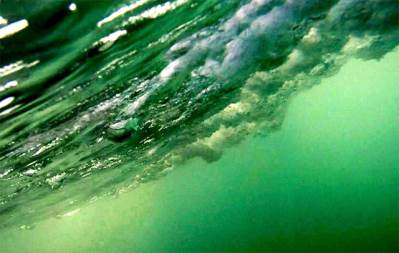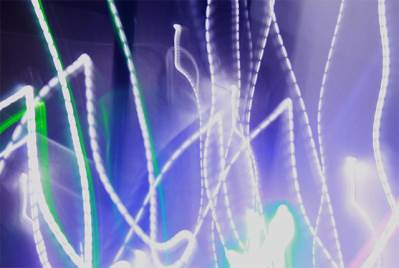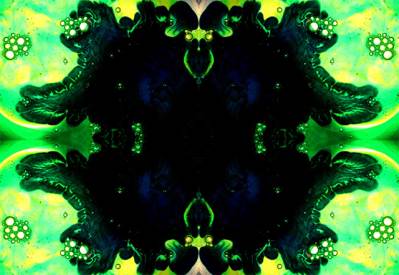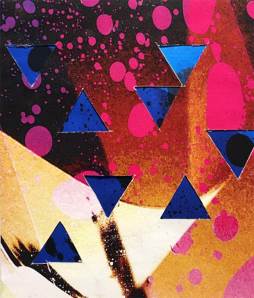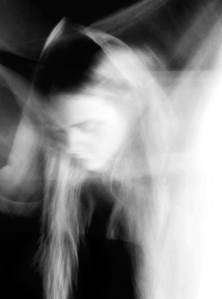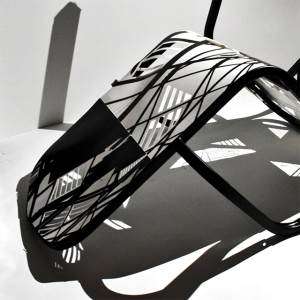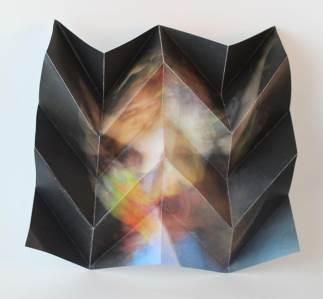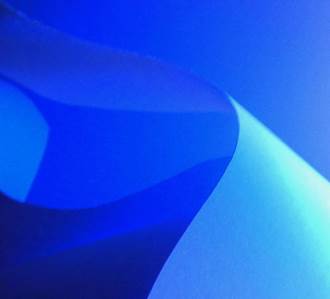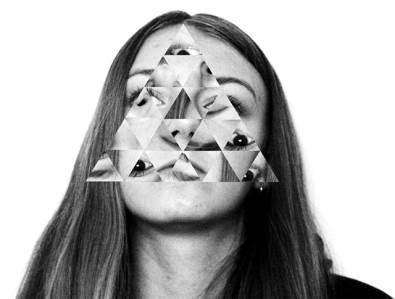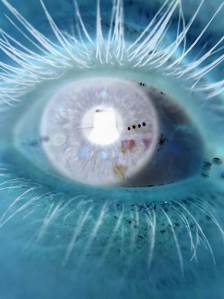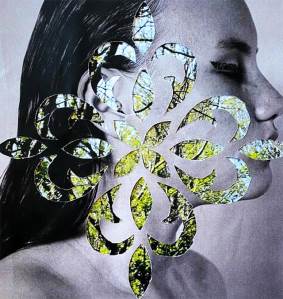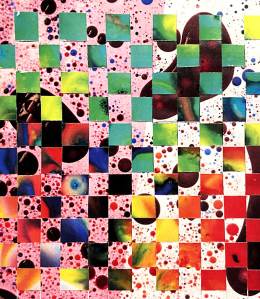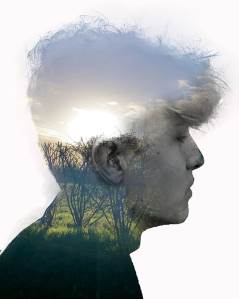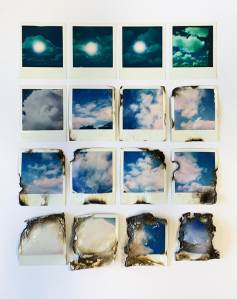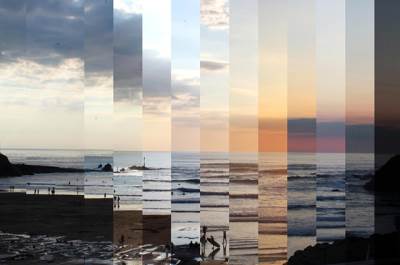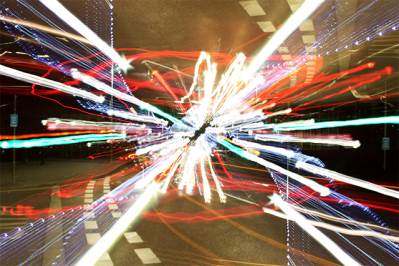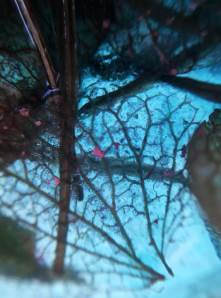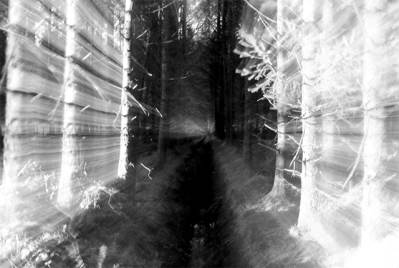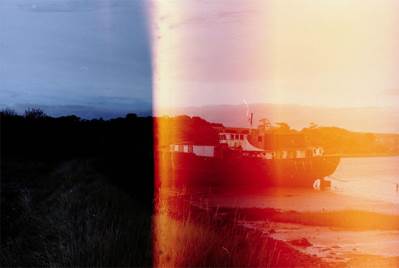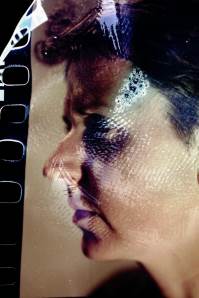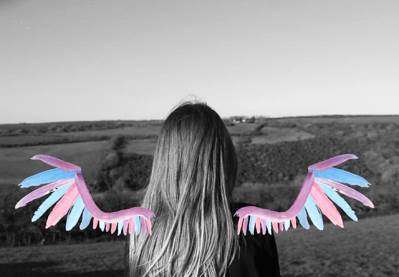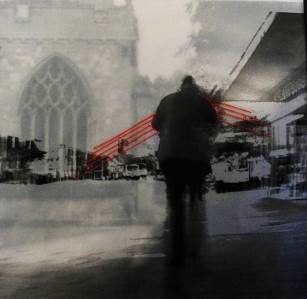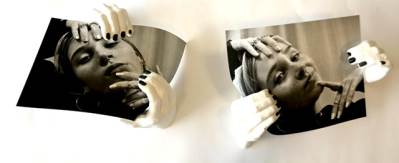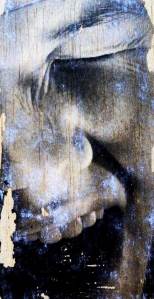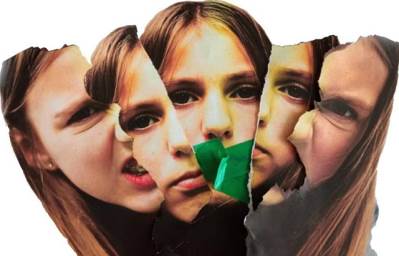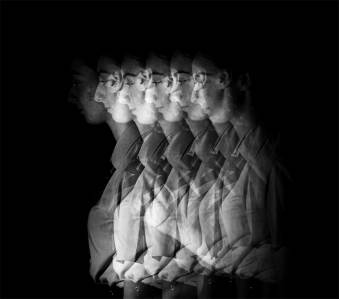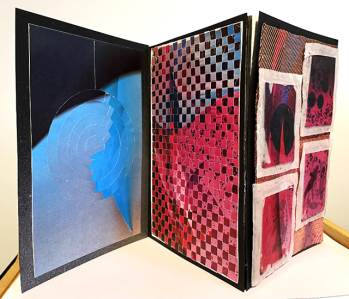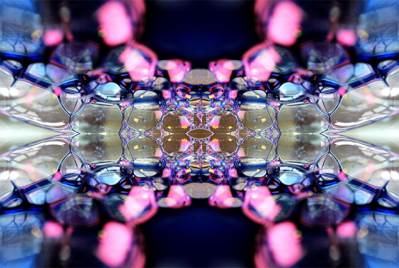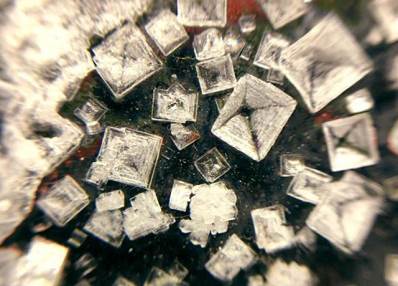Photography
Photography builds on the work done in Key Stage 3 Art. Students produce a well-organised collection of work that will be made up of a digital portfolio, sketchbooks and larger final pieces.
The topics chosen are varied and correspond to current exhibitions and contemporary photographic practices.
As young photographers, our students will develop an understanding of past and contemporary photography and be able to produce a personal response exploring a whole range of ideas and concepts, techniques and expression.
GCSE Photography
Exam Board: AQA
Specification Code: 8206
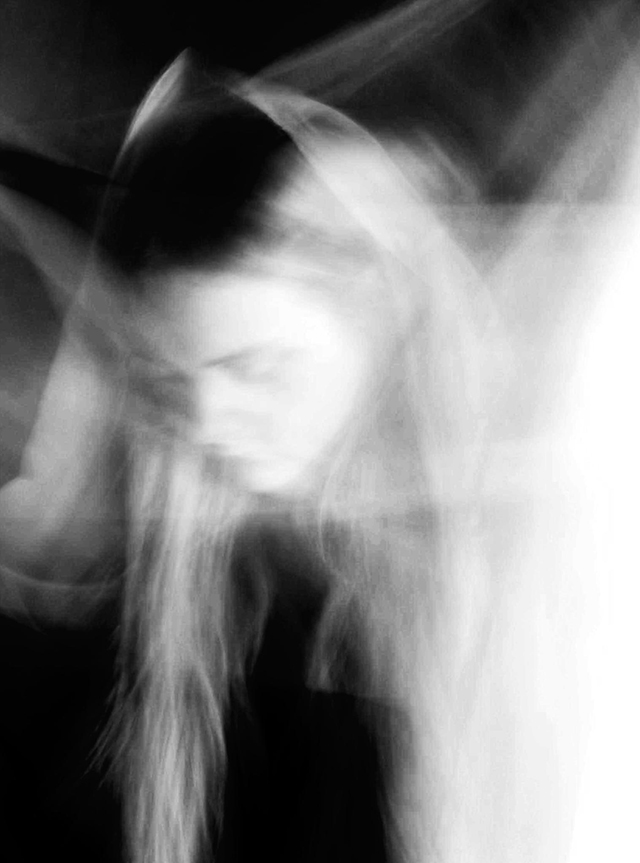
Course Aims
We are a Fine Art based Photography course and at GCSE students build on their knowledge learnt in their Art lessons taught in Key Stage 3. During the course students will explore visual, lens and light-based processes to communicate ideas and meanings. They work with a large variety of traditional and new media including darkroom processes such as photograms and cyanotypes, digital manipulation and fine art techniques such as painting, collage and drawing into photographs to develop confidence, competence, imagination and creativity.
Students are introduced to a broad range of photographers and genres throughout the course and are taught how to critically analyse and respond to the work of others. Students are also taught how to reflect on their own development of skills and ideas. From the beginning of the course students are taught how they are assessed and how to meet the assessment criteria. This is to enable them to create a comprehensive portfolio of work which covers all the assessment objectives the students are graded by.
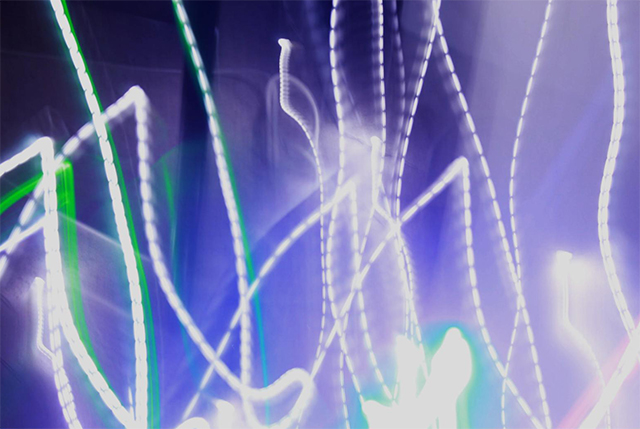
This specification provides students with a wide range of creative, exciting and stimulating opportunities to explore their interests in Photography. In year 10 students are introduced to the fundamental concepts within the subject, exploring how to use a DSLR camera, compose an image, understanding of the importance of lighting, digital editing techniques and fine art techniques.
Assessment
You will be continuously assessed throughout the course in order to help you improve your work.
During the Summer term in year 10 students will start Component 1 of their coursework. This is a project that continues into year 11 and is worth 60% of their final GCSE grade. When students are in year 11, in February they will start a smaller project set by the examining board, which is worth 40% of their final grade. They will have until May to develop their exam project and 10 hours (two days in your classroom) at the end of the project to produce a final piece.
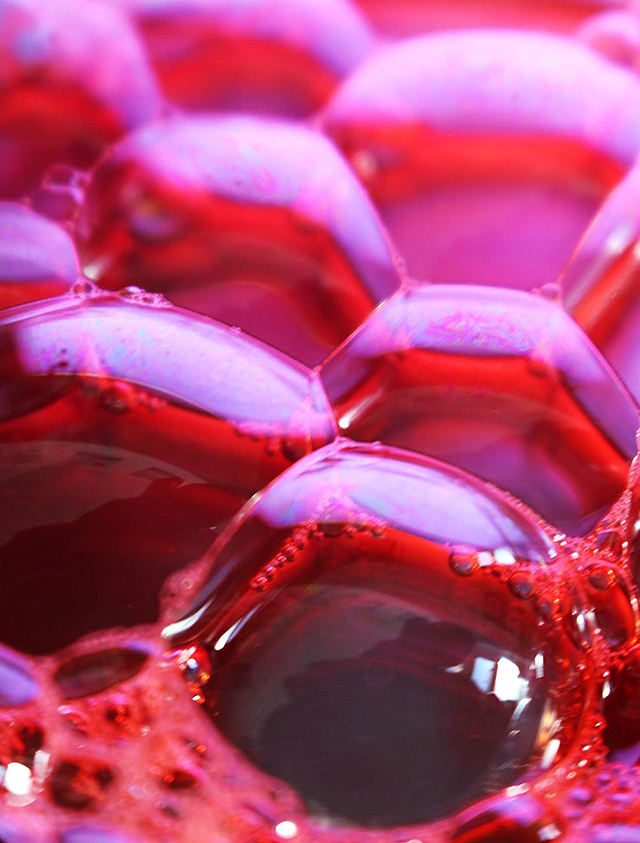
Assessment Objectives
Candidates must demonstrate their ability to:
- AO1: Develop ideas through investigations, demonstrating critical understanding of sources.
- AO2: Refine work by exploring ideas, selecting and experimenting with appropriate media, materials, techniques and processes.
- AO3: Record ideas, observations and insights relevant to intentions as work progresses.
- AO4: Present a personal and meaningful response that realises intentions and demonstrates
understanding of visual language.
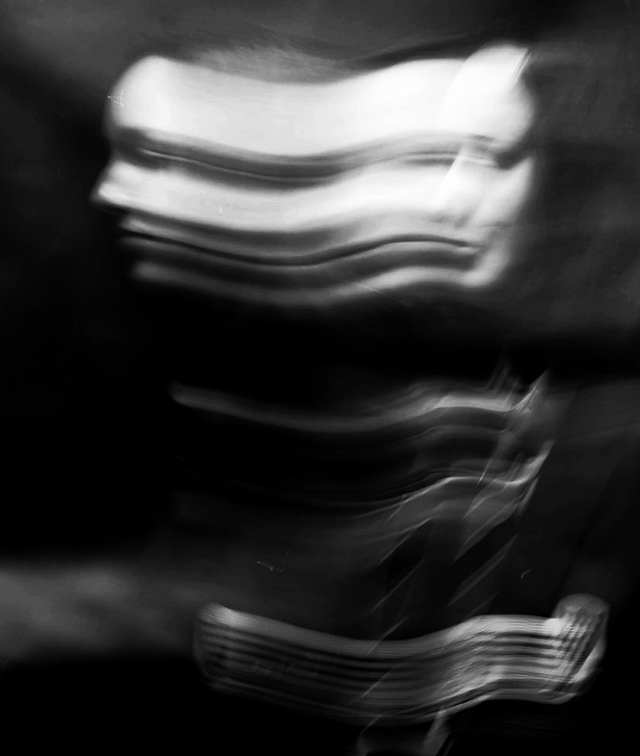
Course Structure
- Unit 1: Abstraction Through the Lens
An introduction to the course, equipment, processes, techniques and assessment criteria - Unit 2: Fusion
Mock exam unit: deeper exploration of camera skills and fine art techniques - Component 1: Portfolio of Work 60%
This project is started in the Summer term in year10 and is called 'Expression'. Students are introduced to a broad selection of photographers to explore and respond to, building on the knowledge and skills they have learnt throughout the course so far. Students are encouraged to respond in their own personal way. - Component 2: Externally Set Task 40%
Exam paper given out at the beginning of February in Year 11. Pupils will have a practical 10 hour exam sat in May of that year.
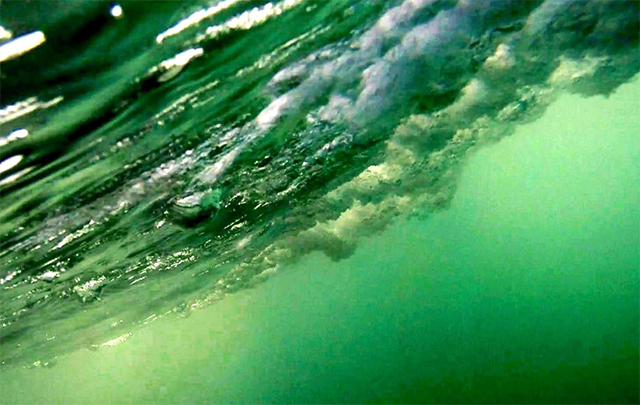
Our Expectations
- Attend all lessons
- Catch up with work missed
- Complete homework set on Classcharts
- A3 is available at lunchtimes and Tuesdays or Wednesdays after school for students to catch up
- Bring basic equipment to lessons
- A computer/ laptop and a digital camera available at home to access the learning
- Visits to galleries can greatly enhance understanding, and should be encouraged
Students present their work on digital sketchbooks so will need access to a laptop or computer at home to access their work to do homework and ideally a digital camera (which could be a phone camera or a compact camera) to be able to take photos outside of the classroom. Students will be taught how to use computers to present their work so will not need to have much experience using computers but will need a willingness to learn.
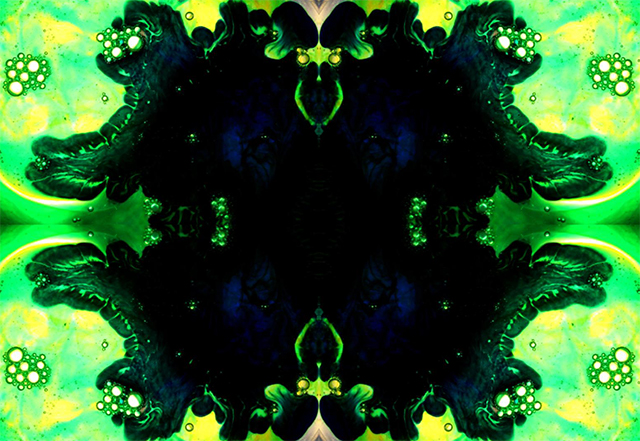
Photography Showcase
Transferable Skills
This course will enable students to apply creative, analytical, critical thinking and problem solving, in order to visually communicate ideas through photography. This awareness can also be employed to any other course that you might choose to do and will be useful at University and in future careers.
Web links
www.studentartguide.com/articles/creative-photography-ideas www.bbc.co.uk/bitesize/guides/zymtv9q/revision/1
A Level Photography Showcase
